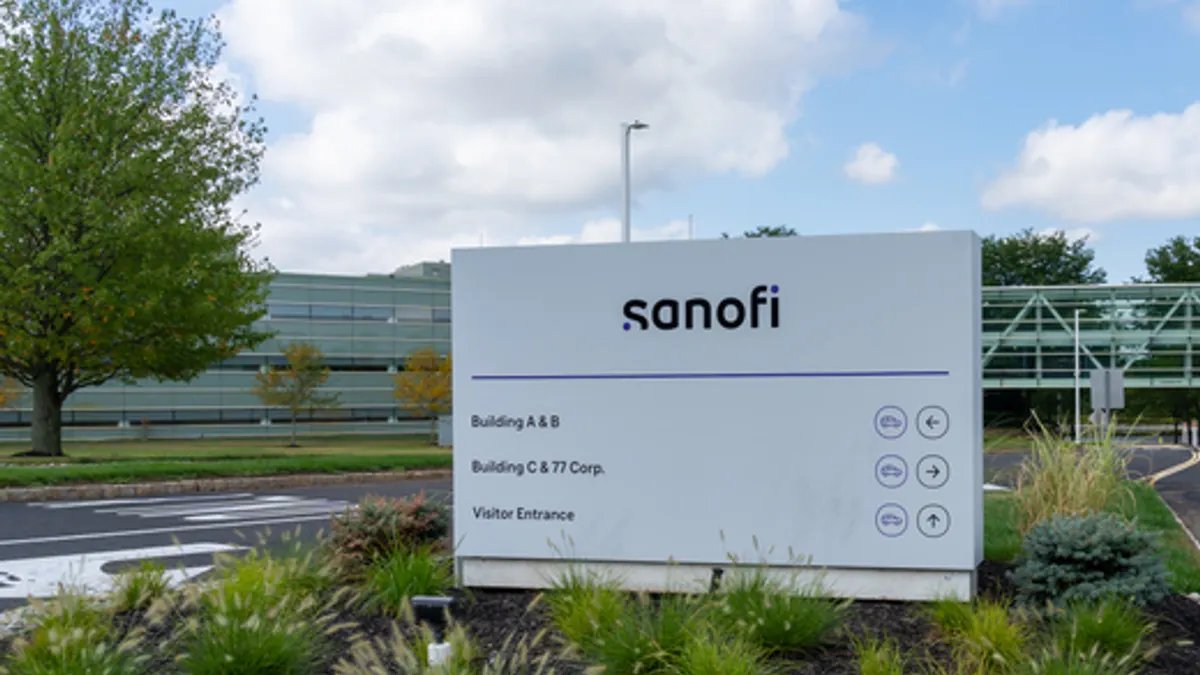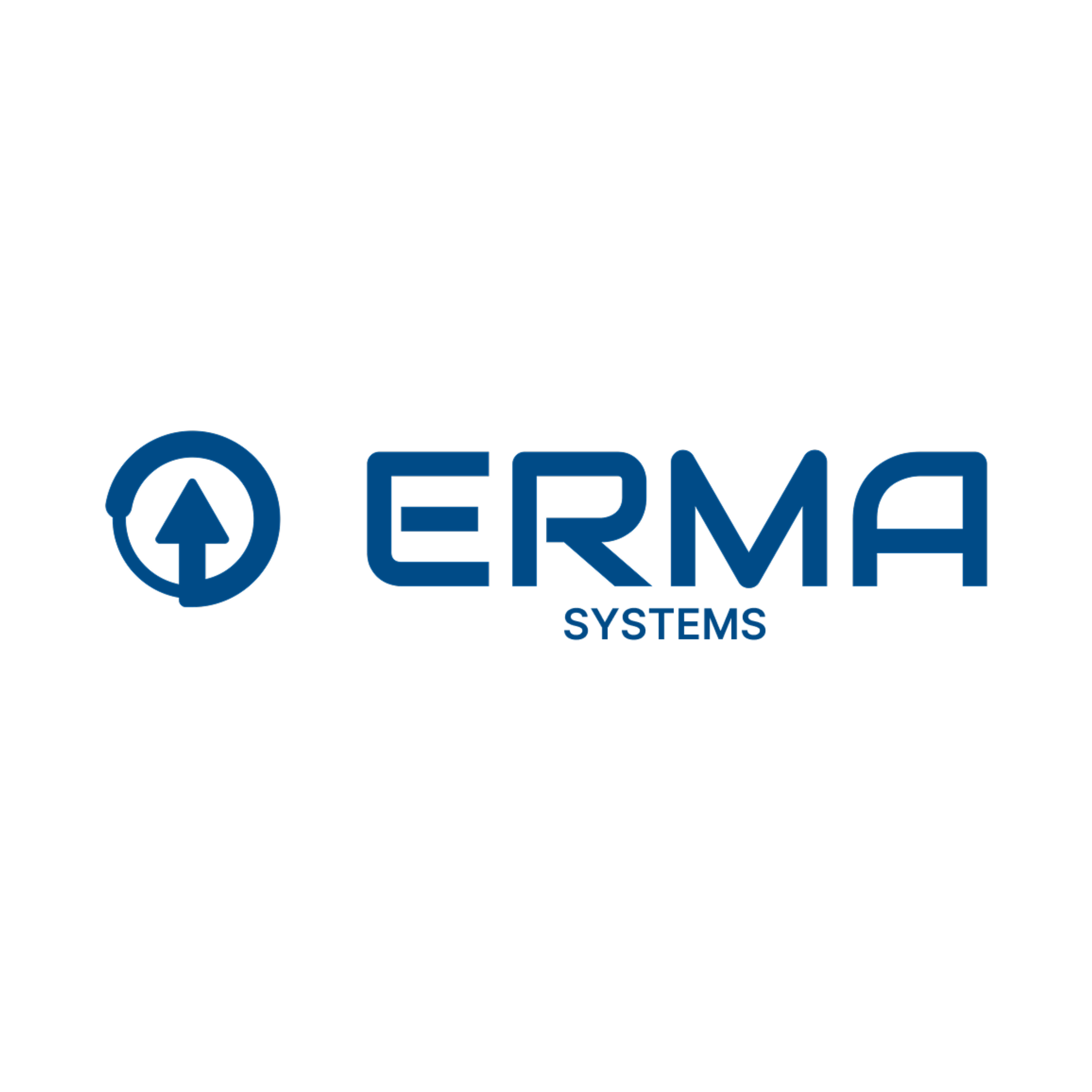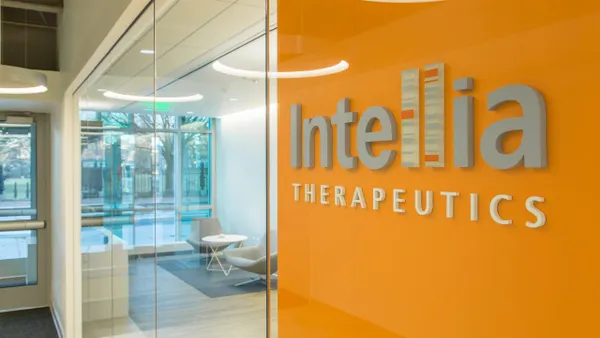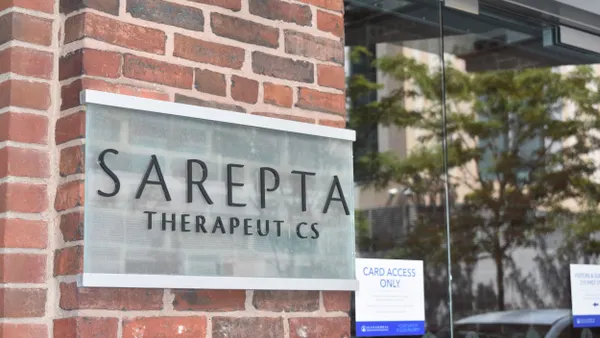Dive Brief:
- Sanofi shares dropped after the French drugmaker reported results from a highly anticipated study of a new kind of medicine for eczema that disappointed analysts and investors.
- The experimental drug, amlitelimab, technically succeeded in the trial, meeting all of its primary and secondary endpoints when compared with a placebo in patients treated either every four or 12 weeks. The results suggest amlitelimab has the potential to be the first eczema treatment that requires only four doses a year, Sanofi said Thursday.
- But investors were looking for greater efficacy and were disappointed to see that the results of the Coast 1 study fell short of those seen in an earlier Phase 2 trial. Sanofi’s shares fell about 8% in U.S. trading Thursday.
Dive Insight:
Sanofi previously shared high hopes for amlitelimab, touting it as a follow-up to its blockbuster medicine Dupixent. Company executives estimated amlitelimab could generate more than 5 billion euros, or about $5.8 billion, a year at its peak, while some analysts said annual sales might top $8 billion.
Dupixent, which Sanofi developed with Regeneron, brought in more than 13 billion euros in revenue last year and is approved for a variety of conditions that involve the immune system. Sanofi CEO Paul Hudson told investors in April that he expected both Dupixent and amlitelimab to “grow very well” until the loss of patent protection.
Amlitelimab is part of class of drugs that blocks a key immune regulator in the body known as OX40 ligand. Amgen is developing a similar treatment and reported disappointing results last year. The results from the two companies make the OX40 treatment pathway look “more like a dead end,” Raymond James analyst Christopher Raymond wrote in a note to investors.
Still, other analysts said the medicine has potential as a second-line treatment or as a favored option for certain patients. “The drug clearly works at dosing every 12 weeks with efficacy improving over time and is safe,” Jefferies analyst Benjamin Jackson wrote in a note to clients. “Middle of the pack on efficacy with best convenience should still be a drug.”














